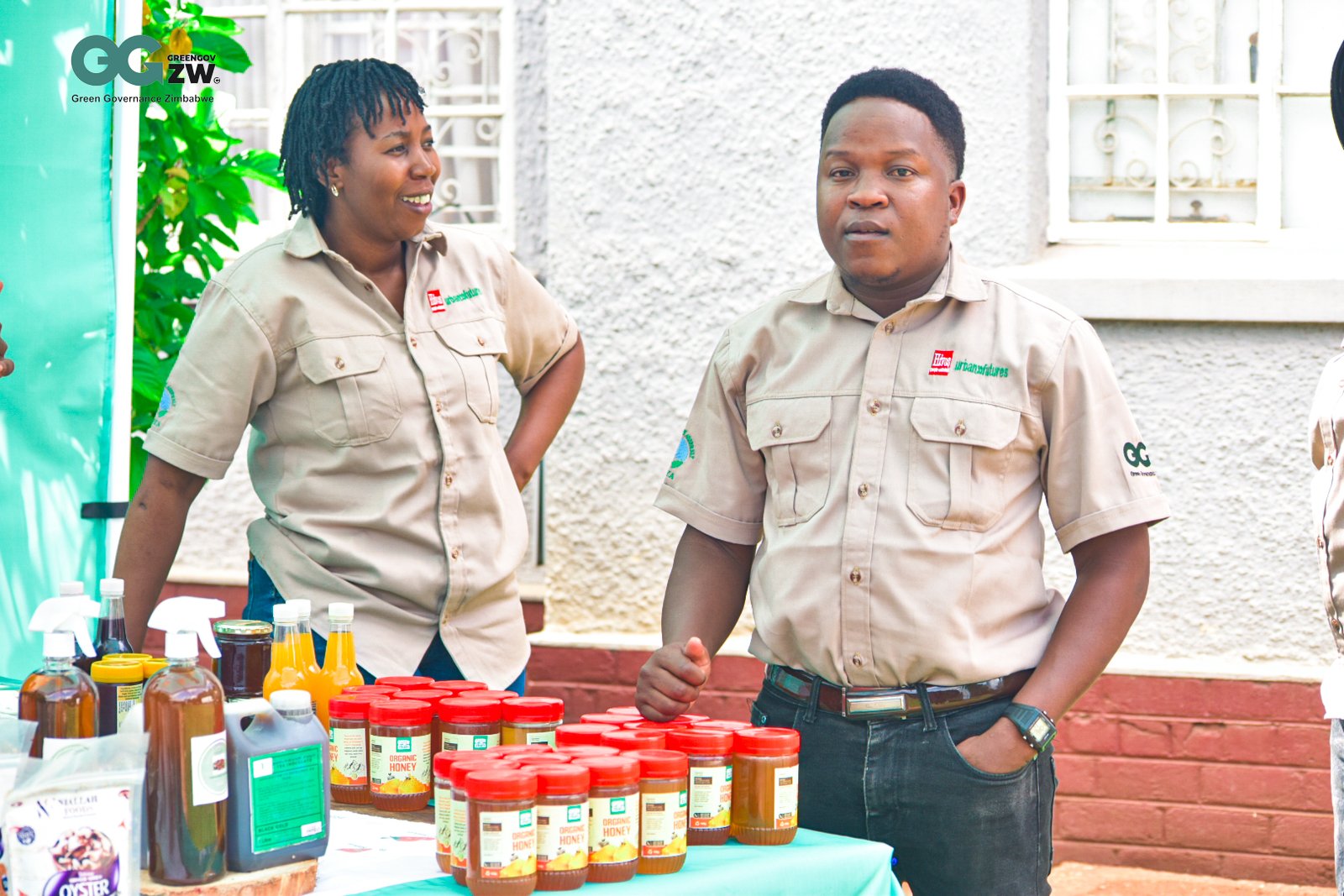Government has assured farmers that it has enough seeds for the 2025 /26 farming season.
This statement was made by Deputy Minister Davis Marapira of Lands, Agriculture, Fisheries, Water, and Rural Development following his tour of the Valley Seeds processing plant in Murehwa.
The Deputy Minister expressed satisfaction with the current level of preparedness for the upcoming 2025/26 cropping season. He assured farmers that the government, in partnership with Valley Seeds, is committed to ensuring the timely distribution of farming inputs, particularly seeds, with a strong emphasis on irrigation-based farming.
“I am very pleased with our level of preparedness for the summer and the 2025/16 season. The maize crop, primarily grown for seed, looks very promising. This seed will be planted starting from October through November, up to December 15th. We have extended the timeline to ensure readiness for the presidential inputs program.”
“I believe that by September 15th, our farmers particularly those using irrigation should begin receiving their inputs. By mid-November, every farmer should have seeds delivered directly to their fields. For all our presidential community farming schemes, I want to assure participants that the government, in partnership with Valley Seed, has secured sufficient seed supplies for the 2025-26 season,” he said.
Deputy Minister Marapira urged farmers to begin preparing their fields early for the Pfumvudza/Intwasa program. By starting this preparation during the harvest and while the soil is still moist, farmers can ensure proper land readiness and optimal soil conditions for a successful 2025-26 farming season.
“We encourage all farmers practicing the Pfumvudza program to begin field preparations now. As they harvest, they should also start digging Pfumvudza holes to ensure timely land preparation while the soil is still moist. They can fertilize the holes with manure to enrich the soil. By the time planting begins in September, October, or November, the manure and soil will have combined to create highly nutritious conditions.”
He further added that farmers must test their soil’s pH levels now to correct any imbalances and meet recommended standards for optimum crop growth. “Another critical step is soil pH testing. Farmers should test their fields to ensure optimal pH levels, as this is key to soil health. Now is the perfect time to conduct these tests so we can prepare effectively for a successful 2025-26 season,” he added.
Soil pH is a measure of the acidity or alkalinity of soil, expressed on a scale of 0 to 14, with 7 being neutral. Values below 7 indicate acidity, while values above 7 indicate alkalinity. Soil pH significantly impacts nutrient availability to plants, with many nutrients being most accessible within a pH range of 6.0 to 7.5.
Valley Seeds Technical Director, Patrick Sajeni said the organisation has developed a number of seed varieties that suit the country different climatic conditions.
“As far as we are concerned, we have good varieties that are suitable for the whole country, matching the climate change that is upon us. In the Matabeleland region, we have sunflowers, sorghum, and cowpeas. In the high-rainfall areas, where we are producing seed, we have introduced new varieties that suit the climate change, ensuring we are not completely out of touch with our yields. Therefore, the government will supply farmers with the required varieties for the whole country,” he said.





